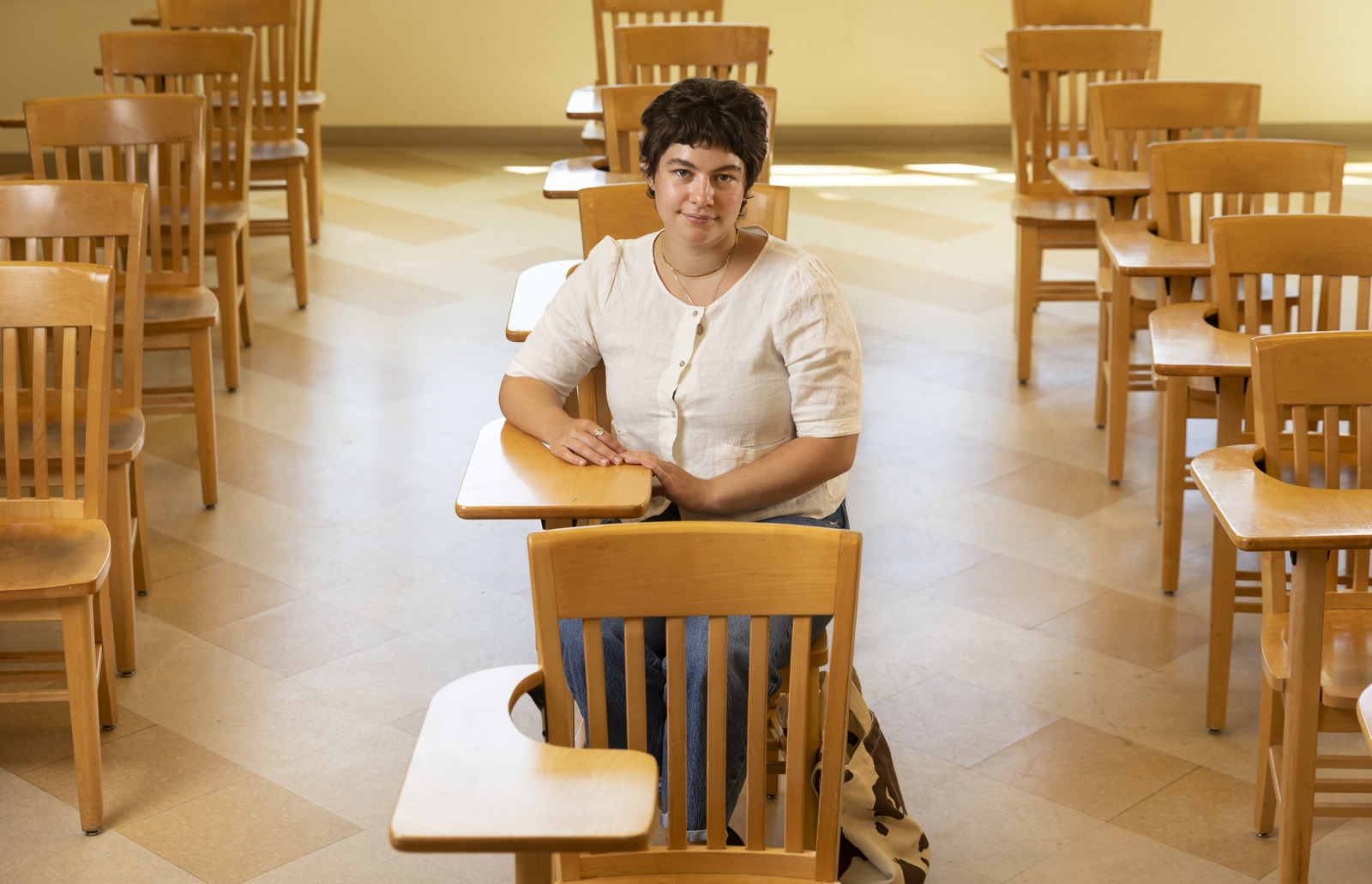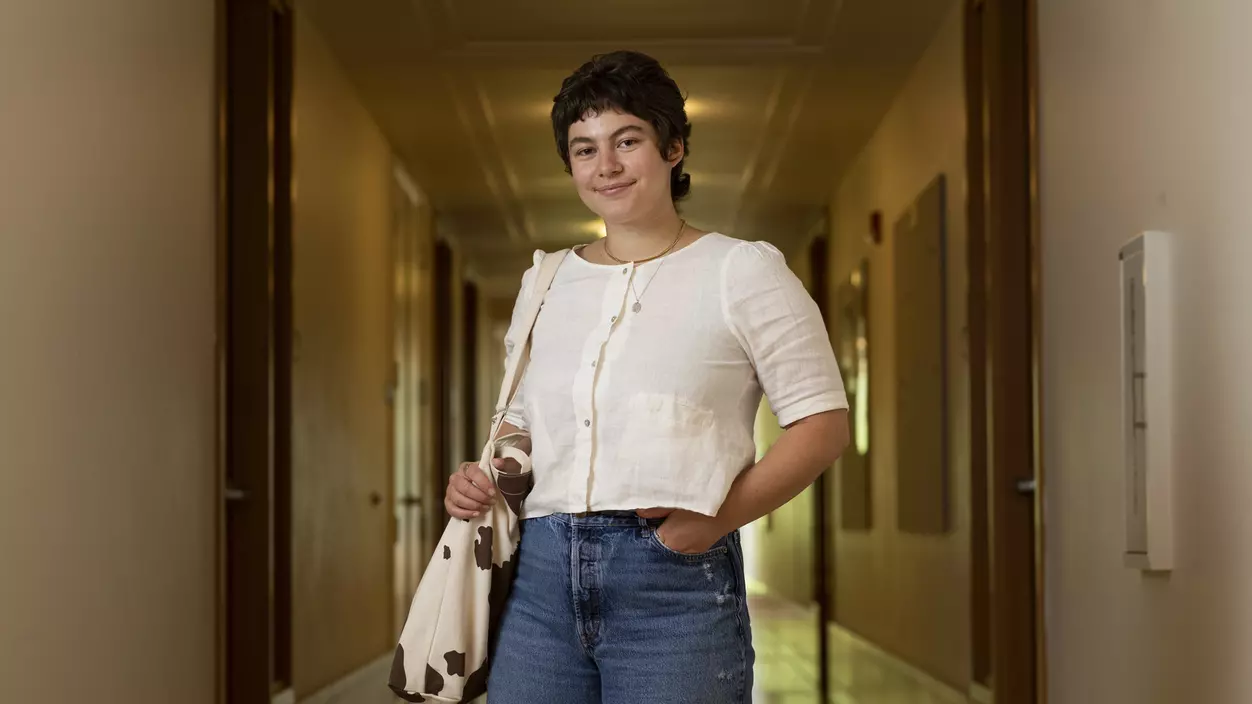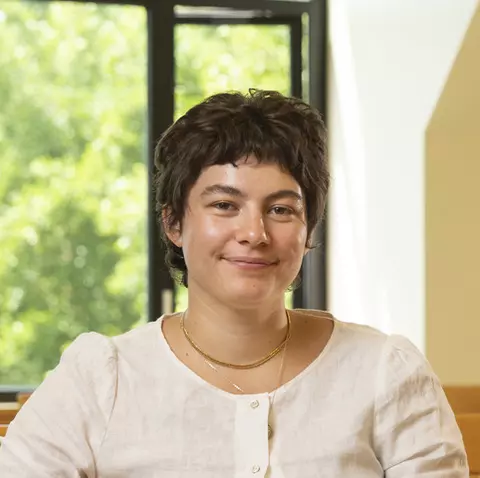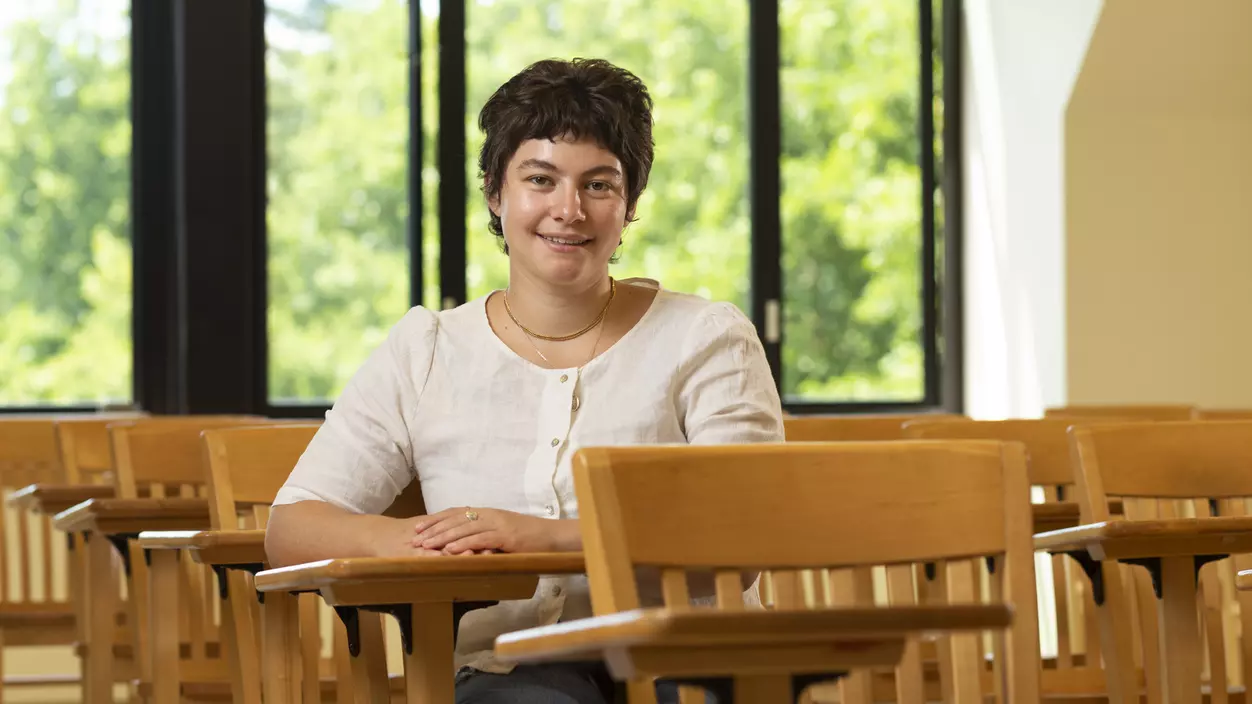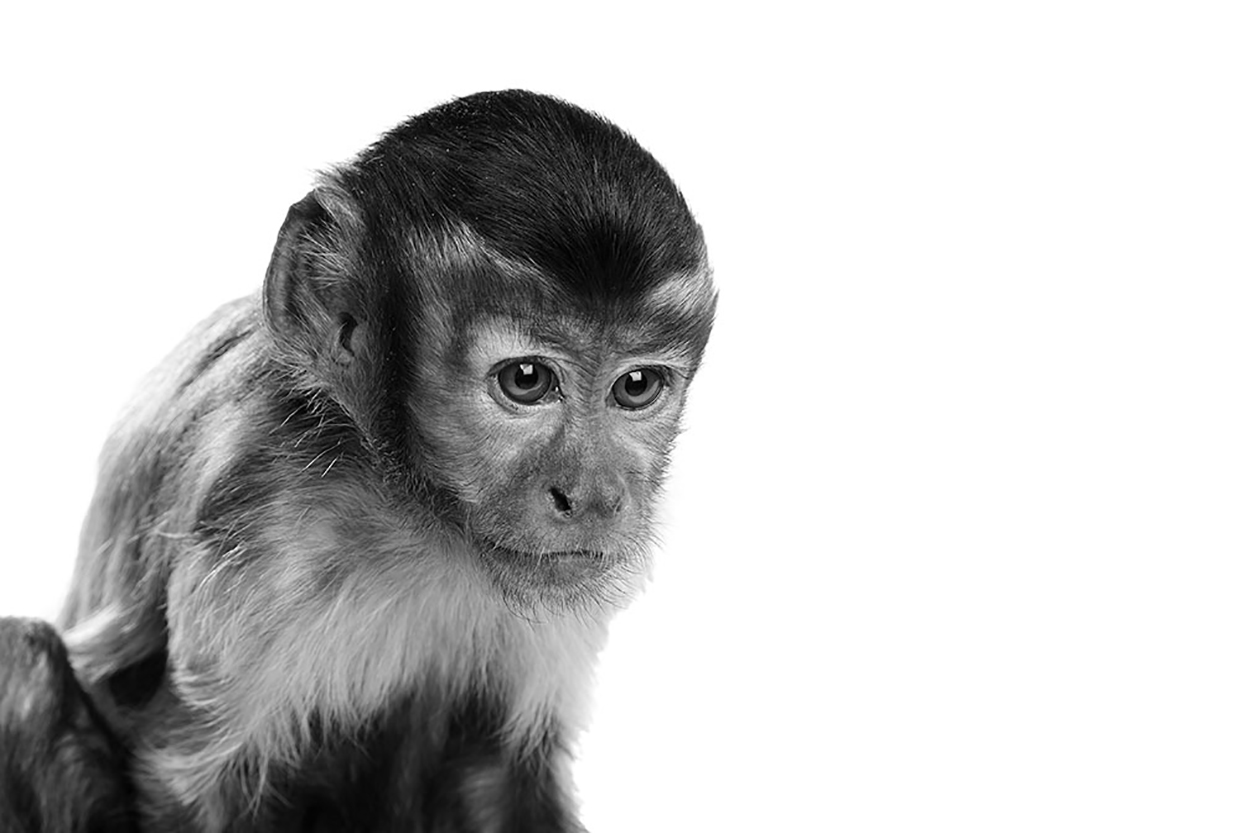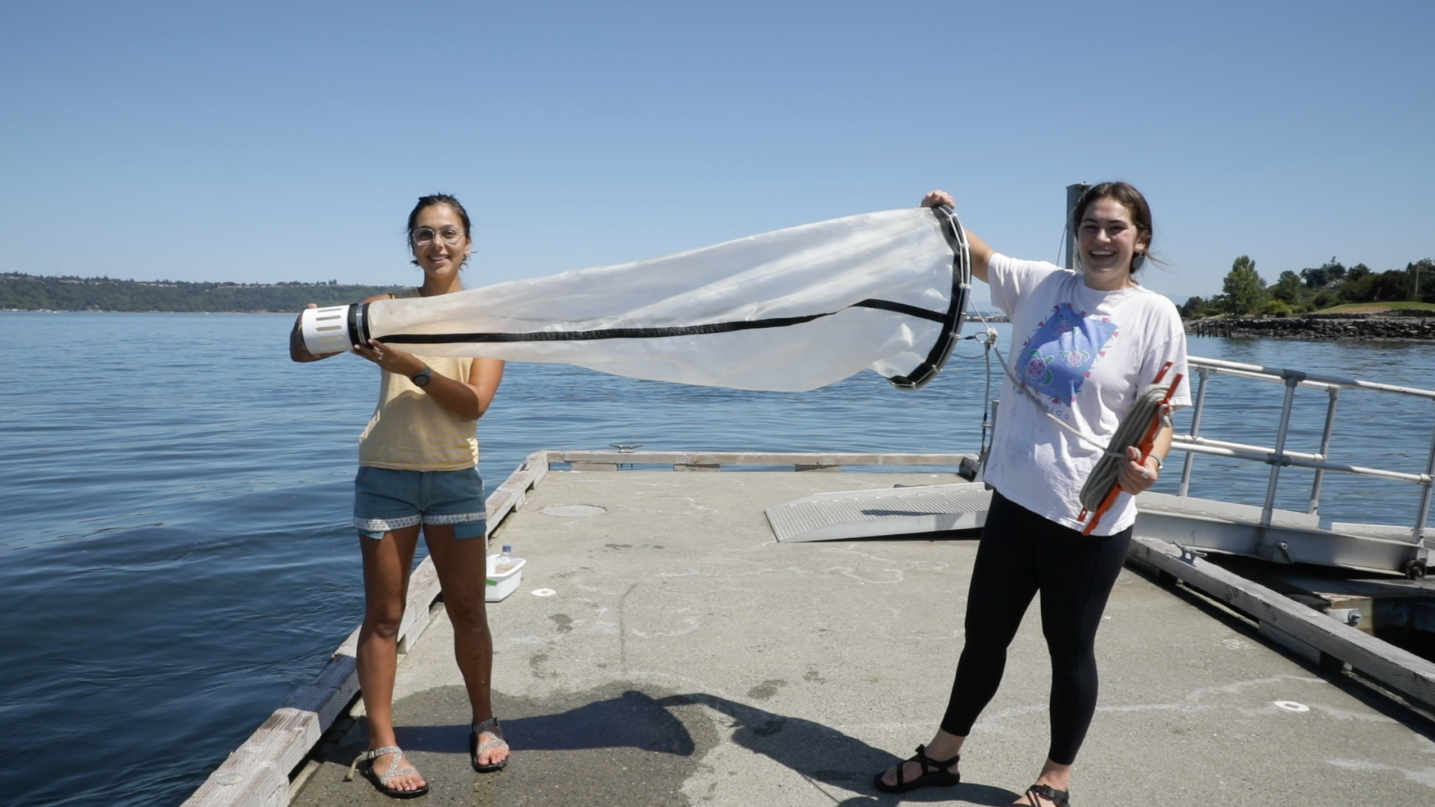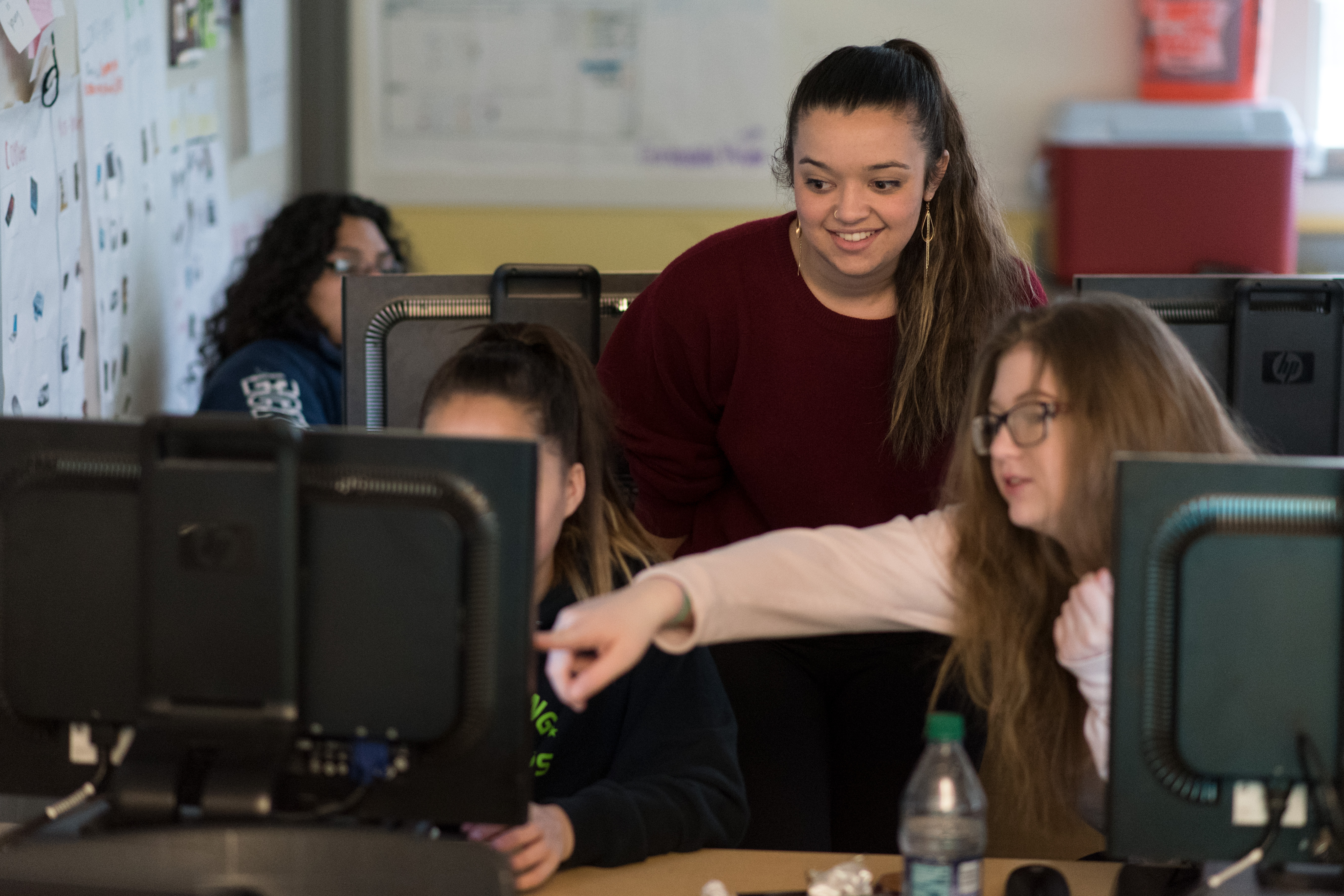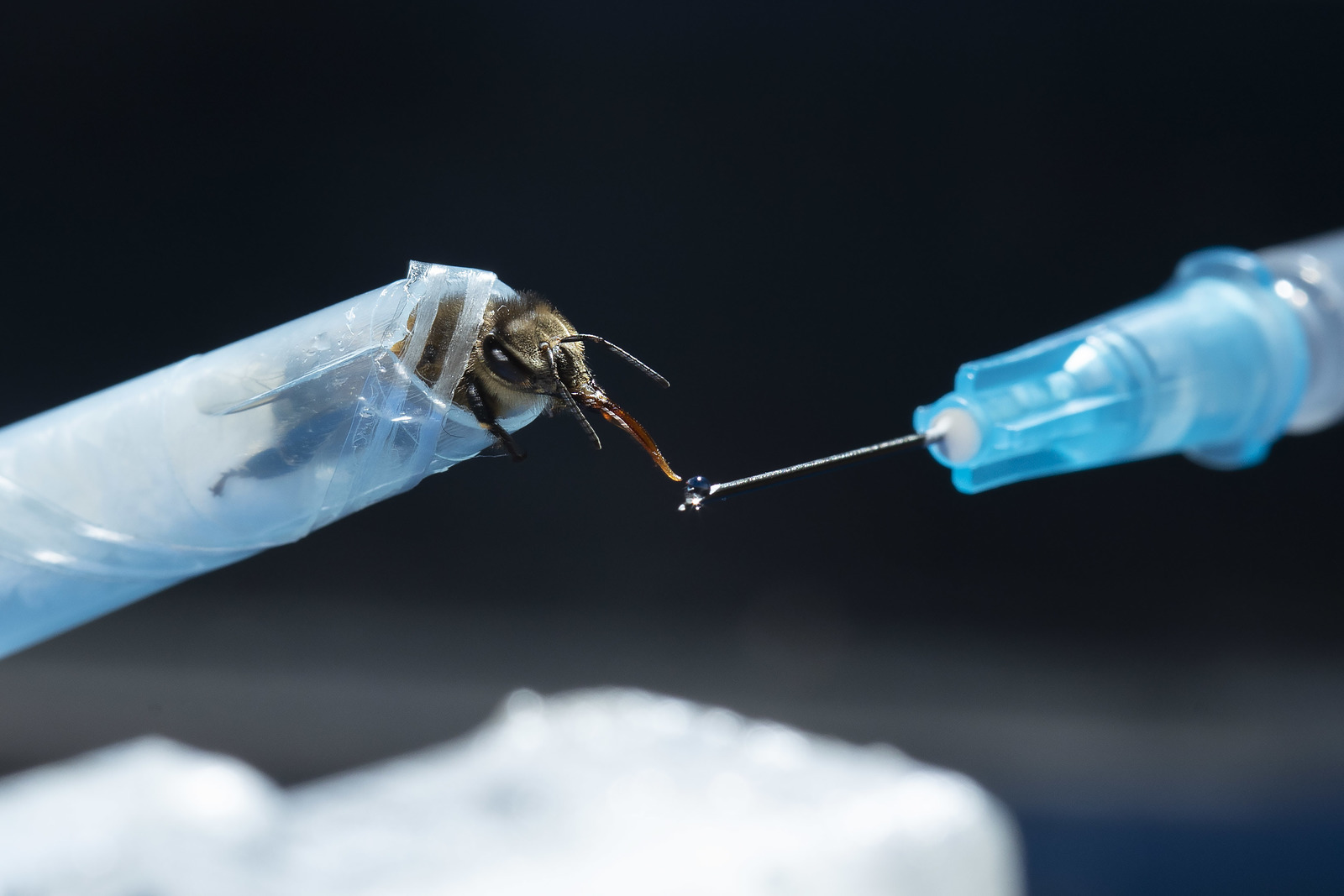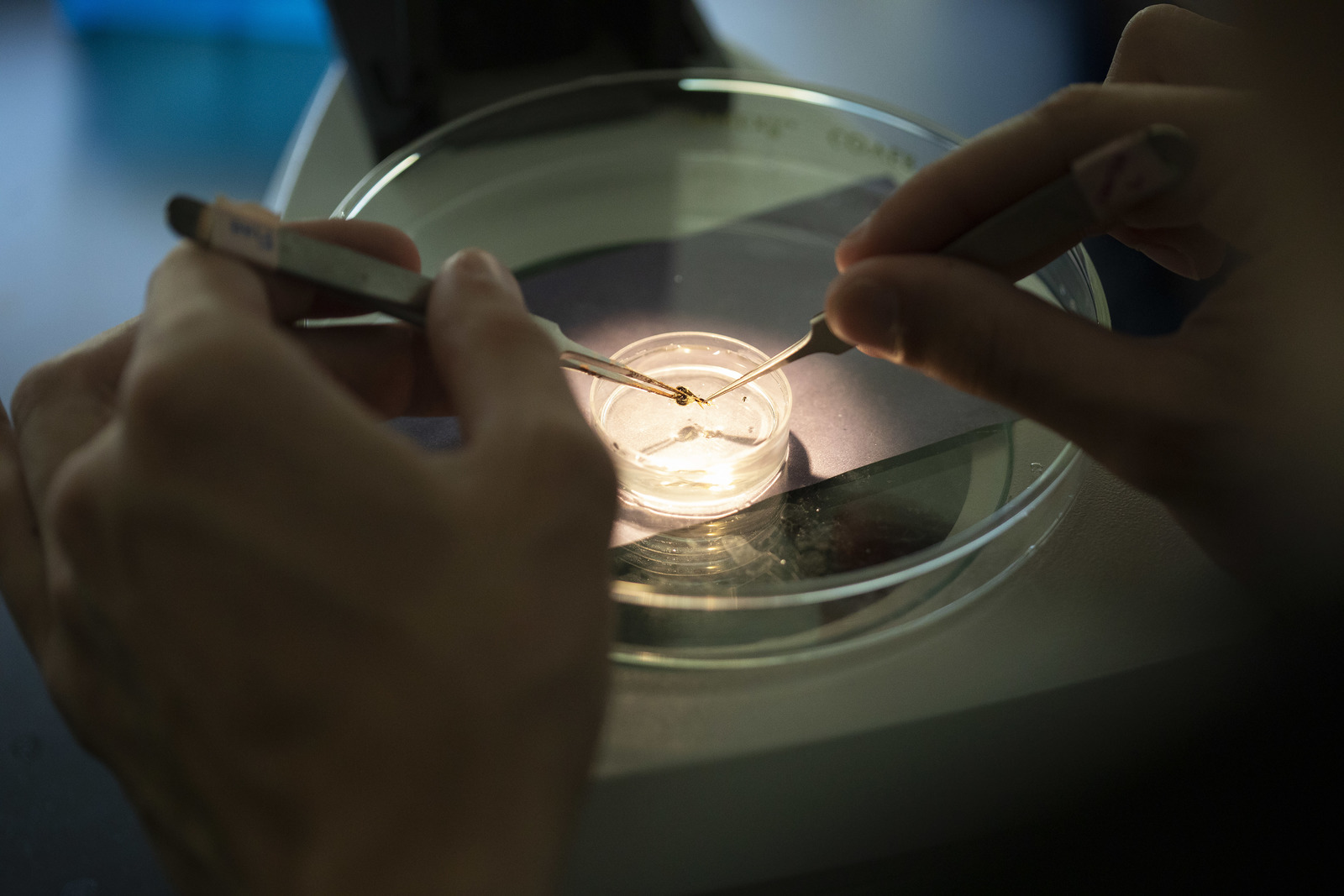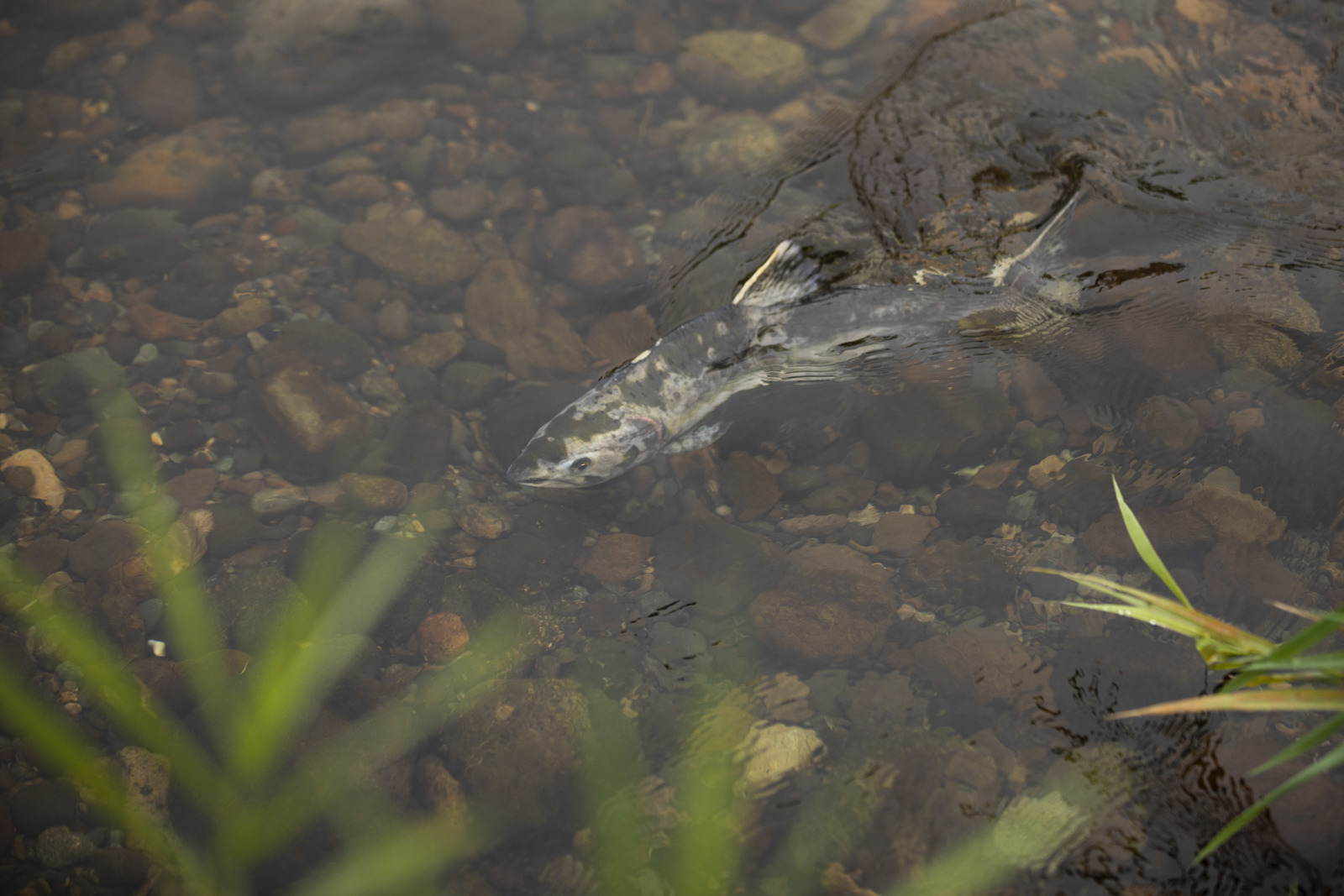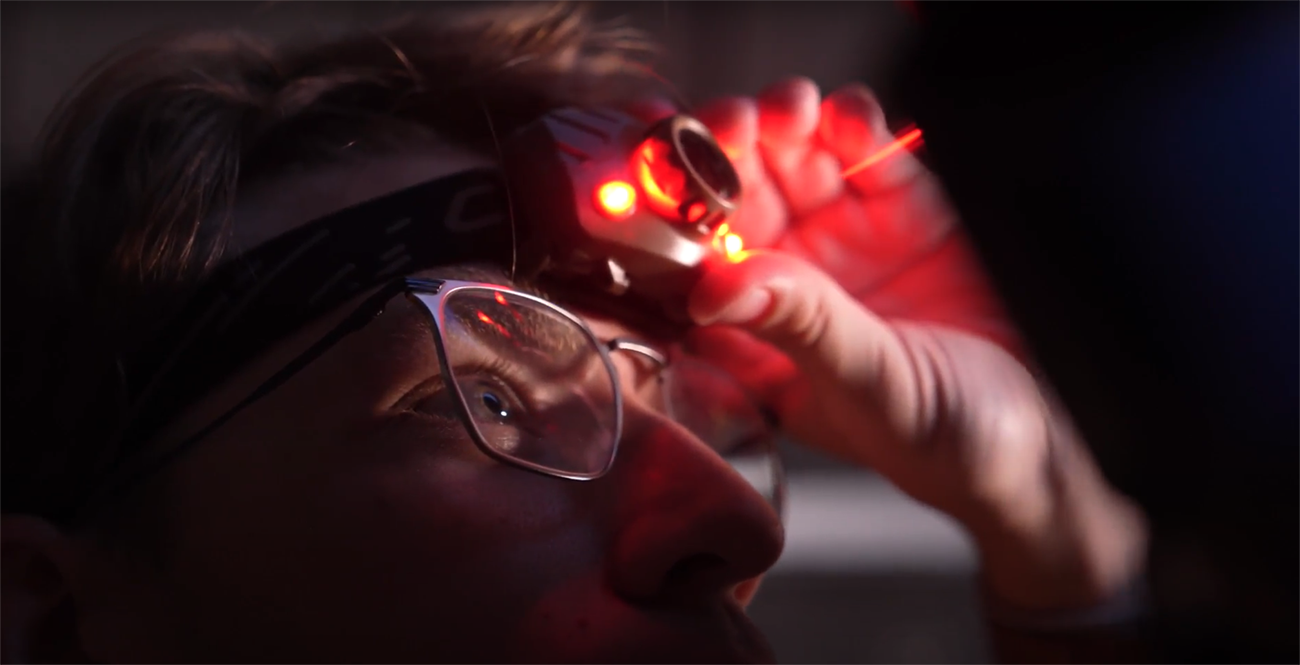Puget Sound student Ruthy McBride ’22 researches restorative justice and policing practices in public schools
Ruthy McBride ’22 is studying a topic that’s controversial in the education community: the role of police in schools.
McBride, a politics and government major and African American studies and economics minor, grew up in Los Angeles, where police had a significant presence in the schools. “You have it in these very small ways in elementary and middle school, and then I went to a giant high school that was majority Latinx. Backpack checks were a normal thing, random locker checks. Sometimes they’d bring in a drug-sniffing dog to go through the halls and sniff the lockers.” McBride, who suffers from migraines, needed to keep a doctor’s note in her backpack along with her bottle of Excedrin, or else she risked a reprimand or even detention.
McBride spent last summer researching the role of police in public schools, with hopes of identifying alternatives to the discipline practices currently in place. Working alongside religion, spirituality, and society professor Suzanne Holland, McBride traced the history of police officers in schools from its beginnings during the war on drugs in the late 1960s and 1970s through the start of the 21st century, noting how the subsequent wars on poverty and crime, and response to the terrorist attacks on Sept. 11, 2001, continued to reinforce the practice.
